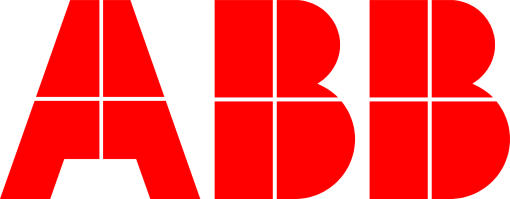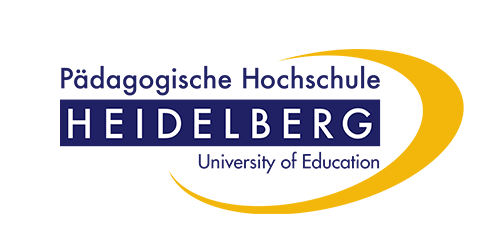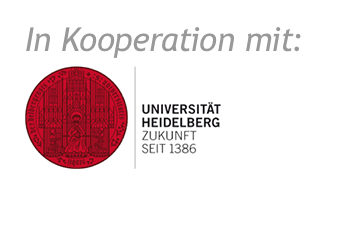TRANSFER TOGETHER: Climate Change Education (CCE) als Beitrag zu einer Bildung für nachhaltige Entwicklung (BNE)
Klimaanpassung durch Auszubildende - "CCE4trainees"
Von den Folgen des Klimawandels sind vielfältige Bereiche betroffen – von der Land- und Forstwirtschaft über die Stadt- und Umweltplanung bis hin zu Wirtschaftsunternehmen. Im Arbeitsbereich "Climate Change Education" werden dazu in einer Reihe von Projekten im Geco-Lab, Kompetenzzentrum für geoökologische Raumerkundung der Abteilung Geographie – Research Group for Earth Observation (rgeo) innovative Lernsettings zu den regionalen Folgen des Klimawandels für unterschiedliche Adressatengruppen entwickelt, evaluiert und disseminiert. Eine der Zielgruppen sind Auszubildende exemplarisch ausgewählter U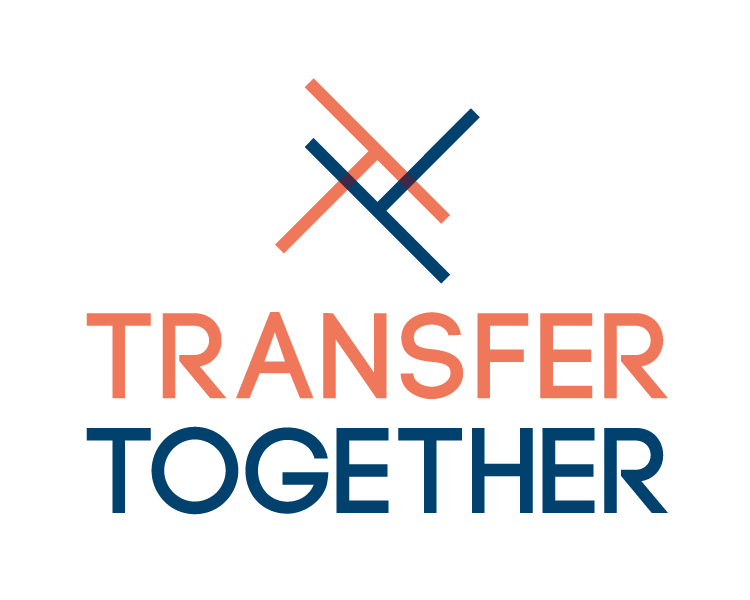 nternehmen, für die Bildungskonzepte im Kontext beruflicher Bildung transferiert werden. Die innovativen Lehr-Lern-Formate basieren auf einem mehrdimensionalen methodisch-didaktischen Zugang zu Auswirkungen des Klimawandels auf die natürliche und betriebliche Umwelt. Ziel ist es, ein vertieftes Bewusstsein für die persönliche Betroffenheit sowie die spezifische Vulnerabilität des eigenen Unternehmens zu erreichen, die Notwendigkeit einer nachhaltigen Klimaanpassung zu verdeutlichen und diesbezügliche Gestaltungs- und Handlungsmöglichkeiten aufzuzeigen.
nternehmen, für die Bildungskonzepte im Kontext beruflicher Bildung transferiert werden. Die innovativen Lehr-Lern-Formate basieren auf einem mehrdimensionalen methodisch-didaktischen Zugang zu Auswirkungen des Klimawandels auf die natürliche und betriebliche Umwelt. Ziel ist es, ein vertieftes Bewusstsein für die persönliche Betroffenheit sowie die spezifische Vulnerabilität des eigenen Unternehmens zu erreichen, die Notwendigkeit einer nachhaltigen Klimaanpassung zu verdeutlichen und diesbezügliche Gestaltungs- und Handlungsmöglichkeiten aufzuzeigen.
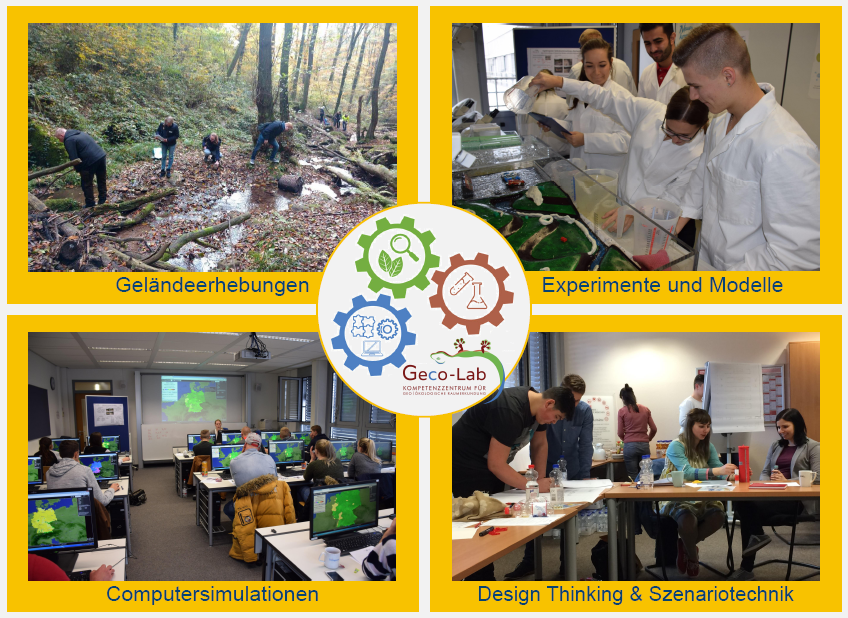
Impressionen des mehrdimensionalen methodisch-didaktischen Zugangs zu Auswirkungen des Klimawandels auf die natürliche und betriebliche Umwelt (Fotos: rgeo)
Der Klimawandel und die einhergehende Zunahme von Extremereignissen bergen wirtschaftliche Risiken für Unternehmen. Märkte, Produktion und Distribution können insbesondere durch Starkniederschläge, Stürme oder länger andauernde Hitze-/Trockenperioden deutlich beeinträchtigt sein. Zum langfristigen Erhalt des wirtschaftlichen Erfolgs und der Wettbewerbsfähigkeit der Metropolregion Rhein-Neckar ist daher eine breite Umsetzung nachhaltiger Anpassungsstrategien an die regional- und branchenspezifischen Folgen des Klimawandels notwendig. Im Rahmen des TRANSFER TOGETHER Teilprojekts "Climate Change Education" sollen die bestehenden innovativen Lernsettings zur Klimaanpassung und nachhaltigen Unternehmensentwicklung daher im Sinne der Wissenschafts-Praxis-Interaktion gemeinsam weiterentwickelt, unternehmens- und branchenübergreifend disseminiert und für die gesamte Metropolregion Rhein-Neckar geöffnet werden.
Die Transformation zu einer nachhaltigen Gesellschaft ist für eine Zukunft innerhalb der planetaren Leitplanken des Planeten Erde unabdingbar. Bildungsinnovationen, die zur Förderung von System- und Gestaltungskompetenz beitragen, können Triebfedern dieses Transformationsprozesses darstellen. Dabei trägt eine verbesserte Vernetzung zwischen Hochschule, Kommunen, Unternehmen, Verbänden und Bürger/innen im Sinne der transdisziplinären Forschung zu innovativen Lösungen realer Probleme und einem Wissenstransfer bei, der einen konstruktiven Diskurs der ökonomischen, ökologischen und sozial-kulturellen Nachhaltigkeitsaspekte beinhaltet.
Hier geht´s zum Projekt-Blog von TRANSFER TOGETHER und zum BLOG-Beitrag über das Geco-Lab-Team, und hier geht´s zum mit dem "Blauen Kompass 2018" prämierten Vorgängerprojekt klimAZUBI!
Projektlaufzeit: 1/2018 – 9/2022
Dieses Projekt wird durch das Bundesministerium für Bildung und Forschung (BMBF) gefördert.
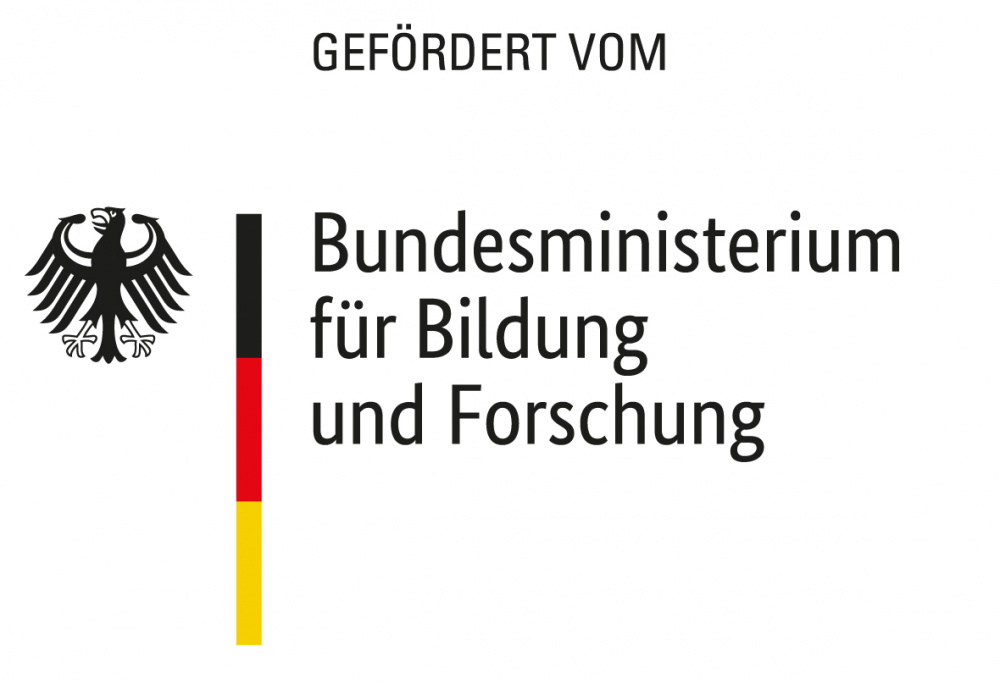 | 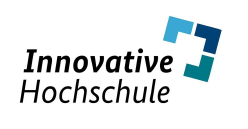 |
Projektpartner:
 |
IHK Rhein-Neckar, Mannheim | |
| JOBLINGE gemeinnützige AG Metropolregion Rhein-Neckar | ||
 |
Contargo GmbH & Co.KG | |
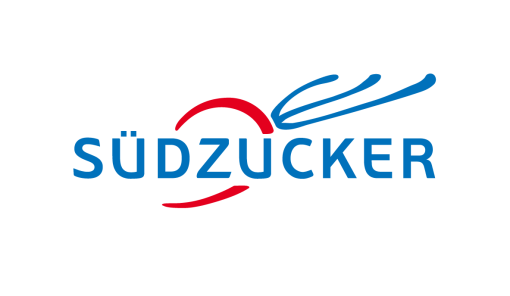 |
Südzucker AG | |
|
ABB Ltd | |
 |
MVV Energie AG |
Aktuelles aus dem Projekt (chronologisch):
Projektstart des TT-Teilprojekts BNE - Climate Change Education
BNE-Hochschulnetzwerk Baden-Württemberg trifft sich in Aalen
Workshop BNE in Schülerlaboren in Kiel
Kick-Off Veranstaltung TRANSFER TOGETHER
Wissenschaftliche Begleitforschung (HGD Nachwuchs Gießen)
Workshopreihe BNE in Schülerlaboren auch in Heidelberg und Berlin
Mit dem Klimakoffer im Weinberg
Auszeichnung mit dem "Blauen Kompass" für CCE-Initialprojekt klimAZUBI
"Sustainable Solutions" Workshop mit neuem Kooperationspartner Contargo
"World Climate"-Simulation mit Prof. Dr. F. Kapmeier
Klimakofferübergaben an Kooperationspartnerunternehmen ABB, REWE und HeidelbergCement
klimAZUBI-Abschlusskonferenz - Startpunkt neuer Partnerschaften
Wissenschaftliche Begleitforschung (HGD Münster)
Sustainable Development in Action Conference
Zweitägiger Klimaworkshop mit neuem Kooperationspartner JOBLINGE
Projektvorstellung auf Symposium "Lehre - Transfer - Innovation" in Pforzheim
Transfer von Klimawandelbildung - JungforscherInnen publizieren
Inspirationen zur Projektentwicklung auf der LEARNTEC 2019
Projektpräsentation auf der LernortLabor Jahrestagung 2019 in Paderborn
Klimaworkshop mit CONTARGO vom 11.-13.03.2019
Workshop "Klimawandelfolgen und Anpassungsstrategien" mit den JOBLINGEN am 29. und 30.04.2019
Abschlussveranstaltung des Teilprojekts „Climate Change Education“
